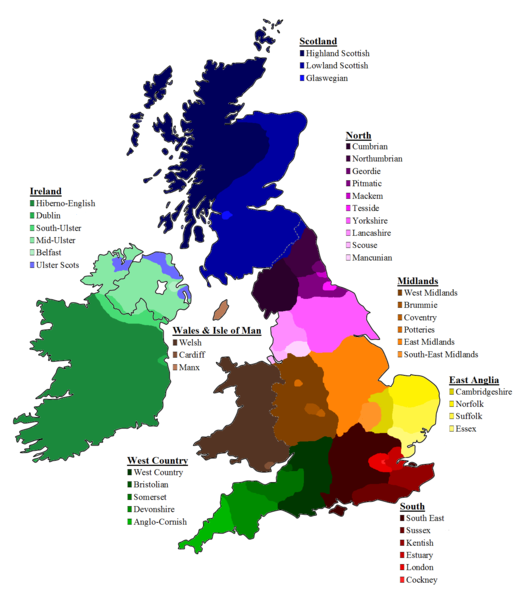The words “Area-sneak”, “Cracksman”, and “Tuck-up Fair” all, surprisingly, have something in common; they are all part of Victorian slang from London, England. Upon first hearing of such wild and fantastical words and phrases, they sound almost too weird to be real. But in all honesty, some words used today in the 21st century are as nonsensical as theirs. Slang is only a testament of the creative and innovative nature of language throughout time. For example, in Victorian London there were sometimes handfuls of different ways to say the same phrase. So way back when, a man would not “go away” or “withdraw”; he would instead “bolt”, “slope”, “mizzle”, “make himself scarce”, “walk his chalk”, “make tracks”, “cut his stick”, or “cut his lucky”. Why does there need to be so many variations of the same saying? The world may never know, but such variety of language makes for a much more scintillating conversation. There was also slang specific to crime back in Victorian London, much like there is today. The terms “area-sneak”, “Cracksman” and “Tuck-up Fair” are examples of such jargon- their meanings being a thief who sneaks down areas to see what he can steal in kitchens, a burglar, and The Gallows respectively. Some have logical connections to their meanings, while others’ explanations could only make sense in a Victorian Londoner’s mind. Either way, the words and phrases spice up the language to make conversation more unique over time. Who knows what sayings will be created and reshaped over the next 100 years, hopefully the 21st century will have a (s)language as varying and creative as Victorian London’s.
slang
Lauren Gao’s Extra Credit: Victorian London: A bit of ee-nif ‘cant’,
Now the two Victorian London accents I, most likely, just insensitively appropriated and horribly butchered were of the Costermongers and London’s Cadgers (beggars). While reading around Lee Jackson’s Victorian London Dictionary, in the Words & Expressions tab, I stumbled into a short piece about the different English accents just within the city of London itself. Everything from the metropolitan elite, to the poor, or to the (actual) meat butchers themselves have surprisingly distinguished manners of pronunciation, granted, just within the radius of a city.

Victorian London: Extra Credit Blog Assignment/ Hannah Phillips
 Photo is from http://www.storiesnow.com/newscotlandyard, which includes a brief section on The Scotland Yard in the 1890’s.
Photo is from http://www.storiesnow.com/newscotlandyard, which includes a brief section on The Scotland Yard in the 1890’s.
Through this assignment, I learned about some Victorian slang and expressions. It was interesting to glance at how similar some of the words are to modern vocabulary, and likewise interesting to see the weirder stuff. From the Victorian Dictionary, I went to the “Words and Expressions” area, then to the “criminal slang” section.
The webpage arranged some words with their definitions in a laundry list format (from appendixes or dictionaries), but also included some dialogue with footnotes. I liked seeing the dialogue from the “George Reynolds, The Mysteries of London” section. I felt that reading the people’s interactions expressed tone, characterization, and helped me picture the verbal exchange. I have copied and pasted an example from the site:
‘So far so good,’ said Dick Flairer. ‘I’ve got a darkey 1 but we want the kifers 2 and tools.’
‘And a sack,’ added Bill.
‘We must get all these things of old Moses Hart, the fence 3 and give him a share of the swag,’ exclaimed the Cracksman.
‘Well, now that’s settled,’ said Dick. ‘I’ve got a bob in my pocket, and we’ll have a rinse of the bingo.’1. Dark lantern 2. Implements used by burglars 3. Receiver of stolen goods.
So, thanks to this transcript, we are placed directly in the action. We can observe Dick Flairer, Bill, and the Cracksman’s conversation exactly as it was recorded. With the added footnotes that explain what something like a “darkey” is, it is further apparent that the characters are burglars who are getting ready to go out and steal some stuff. It was funny to me that the word “swag” was around back in the Victorian time, and it became especially more humorous to picture the thieves using it.